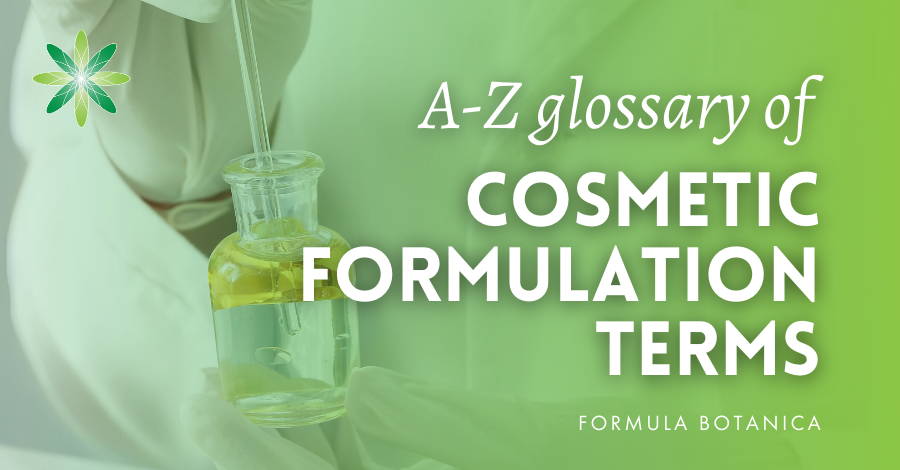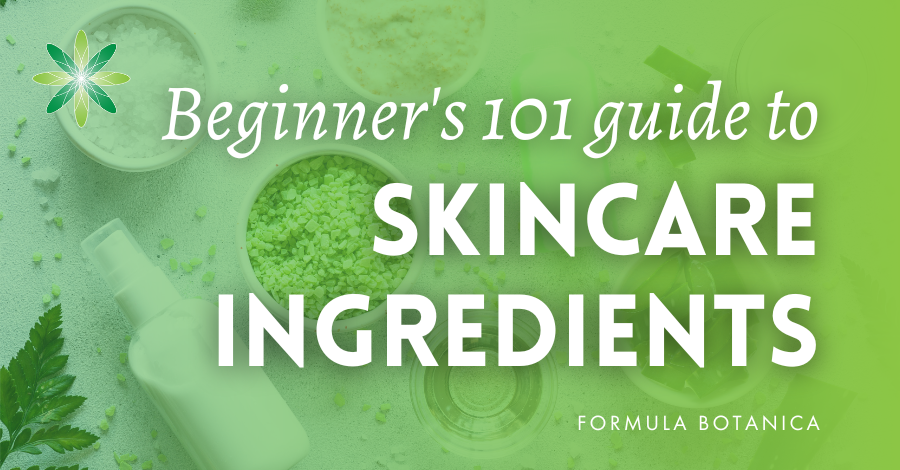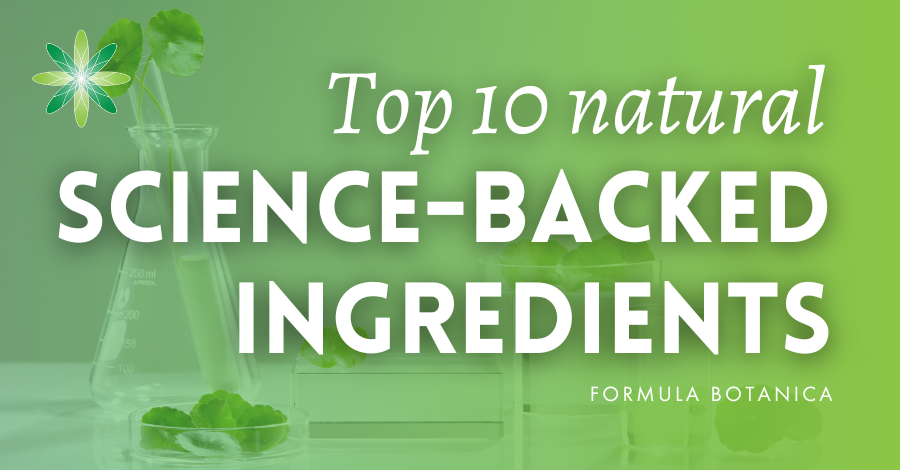We are writing a series to profile cosmeceuticals and their biologically active plant-derived ingredients. However, before I launch myself on a journey of exploring polyphenols, peptides and amino acids, I thought I’d first have a look at what a cosmeceutical actually is.
What is a Cosmeceutical?
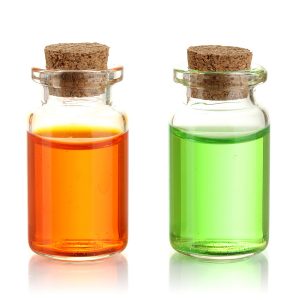
In other words, you might think that that lavender extract in your skincare is just there to make it smell nice, but actually the manufacturer might have included it for some of its active chemical compounds that have anti-inflammatory or antibacterial properties.
This concept shouldn’t come as any surprise. The huge booming global market for natural skincare has demonstrated that consumers are keen to move away from what they see as skincare filled with synthetic chemicals. Along with a growing interest in organic food, clothes and other wares, consumers are now also starting to seek out natural organic skincare. The concept of a cosmeceutical fits perfectly within this ethos.
However, this hot new concept hasn’t made government bodies responsible for medicinal drugs very happy. Legally, the concept of a cosmeceutical has no leg to stand on. The US Food and Drug Administration does not recognise “any such category as ‘cosmeceuticals’“.
In the EU, cosmetics legislation envisages that a cosmetic product may have a secondary preventative (but not curative), purpose. Any skincare product that branded itself as a medicine would require authorisation and horrendously expensive testing in order to be sold anywhere in the world.
A cosmeceutical is not a cosmetic and not a drug. It sits in a legal no man's land. Share on XCosmetic vs Drug
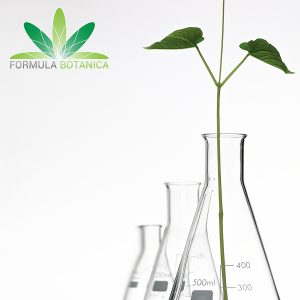
It’s an interesting position to be in, finely balancing your product somewhere in-between a cosmetic and a drug. On one hand, you can see why regulatory bodies would want to prevent crazy claims being made for substances that haven’t gone through extensive clinical trials. On the other hand, few large cosmetics companies want to undertake extensive clinical trials on botanical extracts that anyone can lay their hands on. See the dilemma?
Keep checking in as we profile different plants and their compounds over the coming months. No doubt you will recognise quite a few names of chemicals that are often advertised as being in your skin- and haircare products but which no one actually puts into plain English. Join me on my exploration of the world of cosmeceuticals.
Want to learn how to formulate with cosmeceutical compounds? Check out our online Certificate in Organic Anti-Ageing Skincare.
Lorraine Dallmeier is the Director of Formula Botanica and a Biologist. She loves exploring the properties of plants and their extracts for topical use. Follow Lorraine on Twitter @herbBlurb.
Leave us a comment
Lorraine Dallmeier is a Biologist, Chartered Environmentalist and the CEO of Formula Botanica, the award-winning online organic cosmetic science school. Read more about Lorraine and the Formula Botanica Team.





